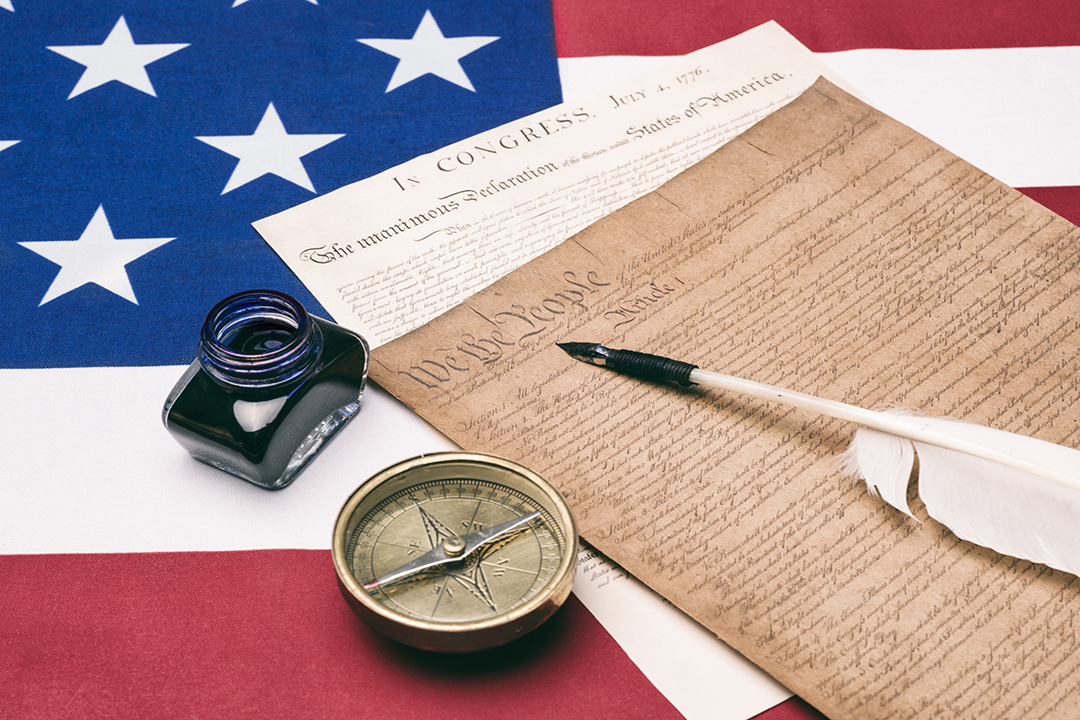The Federalist Society recently hosted a debate on war powers featuring Professors Jonathan Turley, J.B. and Maurice C. Shapiro Professor of Public Interest Law, and John Yoo, Emanuel S. Heller Professor of Law at Berkeley Law. The professors, who are often paired together because they represent opposite ends of the spectrum in terms of constitutional analysis, met for their third debate. Professor Peter Raven-Hansen, Glen Earl Weston Research Professor of Law, served as the moderator.
The central question of the debate was: Who is responsible for deciding whether the United States goes to war?
Professor Yoo began by discussing the Declare War Clause, which grants Congress the right to determine whether the country goes to war. He defended the power of the presidency and argued that "the Commander-in-Chief power gives the president the authority to initiate war." He went on to explain that the president is someone who can act in response to unforeseen circumstances or a crisis, saying, "he must act in the moment in times of emergency when the legislature is unable to anticipate and pass a law to take into account the future."
According to Professor Yoo, past presidents such as George Washington, Abraham Lincoln, and Franklin D. Roosevelt were not apprehensive about using presidential power. "They were not chief executives who looked to Congress to set policy first," he said. He then shared his concerns about the Trump administration and fears that the president will play a passive role in foreign affairs and will "try to have the presidency be a second fiddle in how we think about foreign policy."
Professor Turley explained that he has a different view of the U.S. Constitution.
Professor Turley emphasized how important it is to follow the text of the constitution by arguing that Congress is invested with the responsibility for deciding whether the United States goes to war. "The one thing we know about the U.S. presidency is what it is not. It is not the English Monarchy," Professor Turley said.
Professor Turley then asked: "How did we get to this point where a president takes us into war without a declaration, without even consulting Congress?"
With the recent announcement that hundreds of more troops were going to be sent into Syria, and the Secretary of Defense asking the president to lift limits to allow entry into the Yemen war, Professor Turley expressed his concern about the country prepping for war. Toward the end of the debate, he explained that the United States is experiencing a crisis of faith where people have lost the belief in the system of shared powers established by the framers.
Professor Turley's concluding remarks emphasized the importance of holding debates, and why it is an important time for everyone to participate in the discourse.
"There is a great deal at stake here. It is not just torture, a kill list, drone attacks, or military interventions; we have a system that is changing without any debate. The problem is that this debate rarely extends beyond law schools, and the general public is not participating. They are the ones who will have to pay the price of where we are going, and I think that price will be a great one," Professor Turley said.


